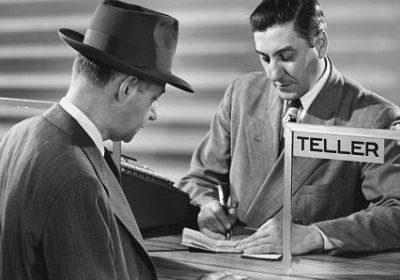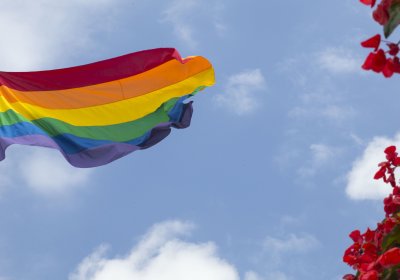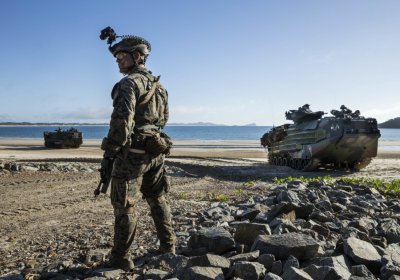“In solidarity with Elijah’s family, his community and Kalgoorlie, we stand in protest” was the call by the Aboriginal group Fighting in Solidarity Towards Treaties (FISTT), which organised a rally of about 300 people at the Supreme Court in Sydney on July 24. It was one of a series of protest rallies around the country.
Wiradjuri elder Aunty Jenny Munro asked: “Where is the national outcry for this innocent 14-year-old boy? Where is the justice for the death of an innocent child? There is no justice for a murdered Aboriginal child.











